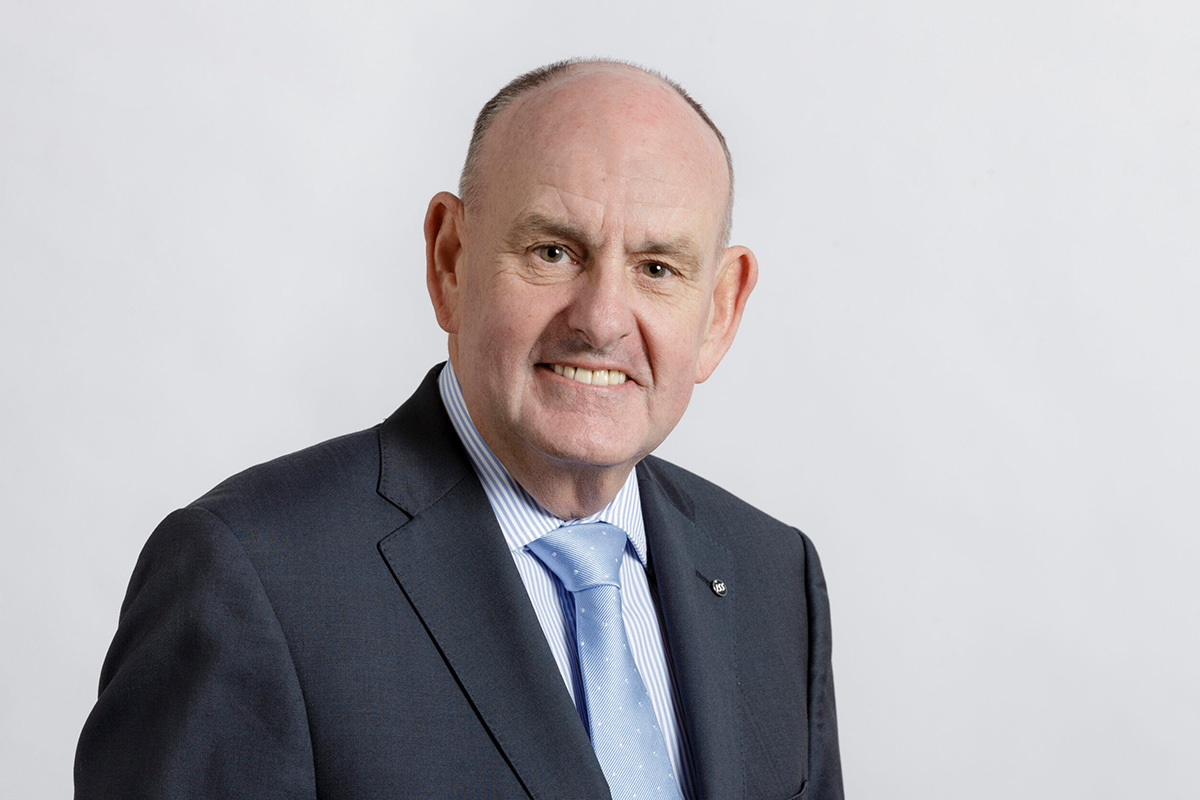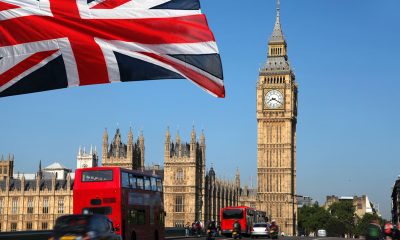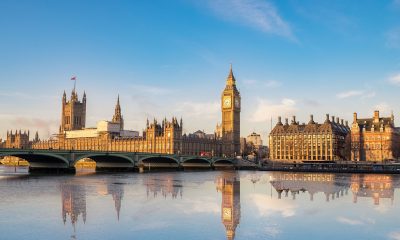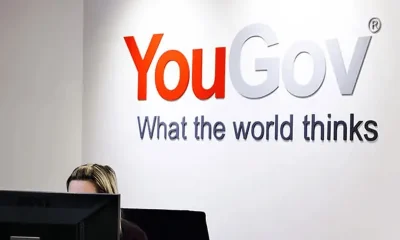Compliance Updates
BGC Strengthens Ads Rules to Further Protect Under 18s

The Betting and Gaming Council (BGC) has unveiled new measures to further prevent under-18s from seeing digital media adverts.
The standards body, which represents the UK regulated betting industry, has announced changes that will be published in the Seventh Industry Code for Socially Responsible Advertising (IGRG code).
As well as raising advertising standards for young people, the new code will extend the current commitment, which ensures 20% of TV and radio advertising is devoted to safer gambling messaging, to digital media advertising too.
BGC members have already taken major steps to ensure only those legally allowed to bet see online marketing for regulated betting and gaming products.
Previous rules ensured all sponsored or paid for social media adverts must be targeted at consumers aged 25 and over unless the website can prove its adverts can be precisely targeted at over 18s.
Under the new guidelines, the 25+ rule will be extended to all digital media platforms who provide an appropriate age filter.
The new code, which will come into force on 1 December 2023, is the latest example of the BGC’s determination to drive up standards within the betting and gaming industry.
Other measures already introduced include the whistle to whistle ban on TV gambling adverts, cooling off periods on gaming machines, encouraging deposit limits, new ID and age verification checks and massively increasing funding for research, education and treatment.
A BGC code of conduct was also introduced placing a ban on football clubs using their social media accounts – which are popular with youngsters – posting direct marketing on betting odds and sites.
BGC members have also led on a push with social media platforms to allow the public to opt-out from receiving betting and gaming advertising online. BGC Chief Executive Michael Dugher wrote to DCMS earlier this year, urging the Department to put pressure on social media platforms to do more.
DCMS Minister Stuart Andrew MP has since confirmed he will convene a meeting to help drive change.
BGC members take a zero-tolerance approach to betting by children. According to the Gambling Commission’s “Young People and Gambling Report” (2022) the most popular forms of betting by children are arcade games like penny pusher and claw grab machines (22%) bets between friends (15%), playing cards for money (5%) and fruit machines (3%) – not with BGC members.
Michael Dugher, chief executive of the BGC, said: “As the standards body for the regulated sector, we are committed to continuing to drive up standards and make big changes across the betting and gaming industry. Helping protect young people is our number one priority.
“BGC Members have already taken significant steps to ensure adverts by our members only reach the right audiences. With more help from the platforms, we can do even more.
“Safer gambling messaging is also absolutely crucial. It is about ensuring that customers use safer gambling tools like setting deposits limits and time outs, but also it is about the vitally important work of signposting the help that is out there to help the minority of gamblers who might be struggling with their betting and gaming.
“The new edition of the IGRG Code is further evidence of our determination to continue to ensure that standards are rising and are as high as they can possibly be.”
BGC worked alongside Bacta, Bingo Association and the Lotteries Council to formulate these new rules and ensure it was a cross industry effort.
Around 22.5 million UK adults enjoy a bet each month. The regulated betting and gaming industry in the UK contributes £7.1bn to the economy in GVA and generates £4.2bn in taxes which fund essential public services, the industry also supports 110,000 jobs across the country.
Participation in gambling by children (11-16 years) has fallen significantly since 2011 – from 23% of children participating in some form of gambling on a past-week basis to 7% in 2022 (GC Young People and Gambling Report 2022).
-

 Asia3 days ago
Asia3 days agoDigital gaming disruption tackled in 1st AsPac Regulators’ Forum
-

 Latest News6 days ago
Latest News6 days agoHigh Roller Launches New Online Casino Brand in Finland
-
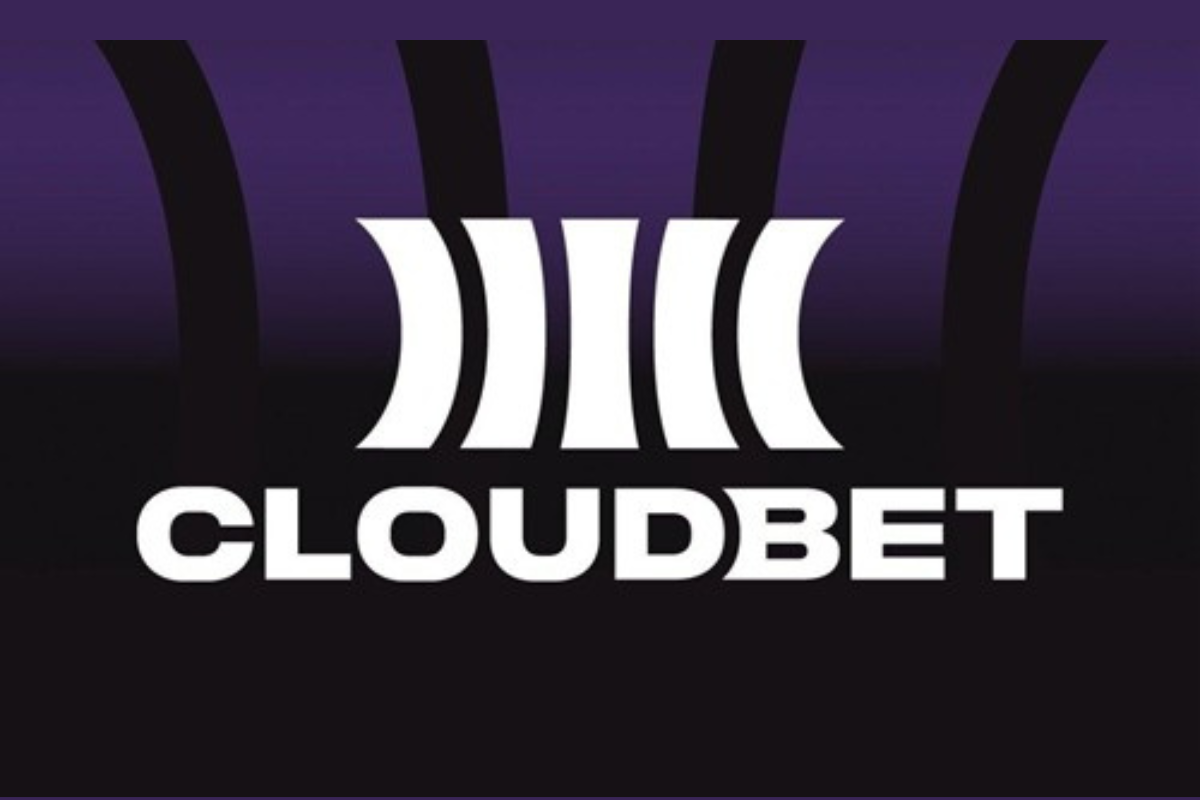
 Latest News6 days ago
Latest News6 days agoCloudbet maps regional betting trends in August–September 2025
-

 Latest News6 days ago
Latest News6 days agoNetBet Denmark expands its casino library by adding SYNOT Games as a provider
-

 Central Europe6 days ago
Central Europe6 days agoPromatic Games and SYNOT Interactive Announce Strategic Partnership to Strengthen iGaming Expansion in Central and Eastern Europe
-
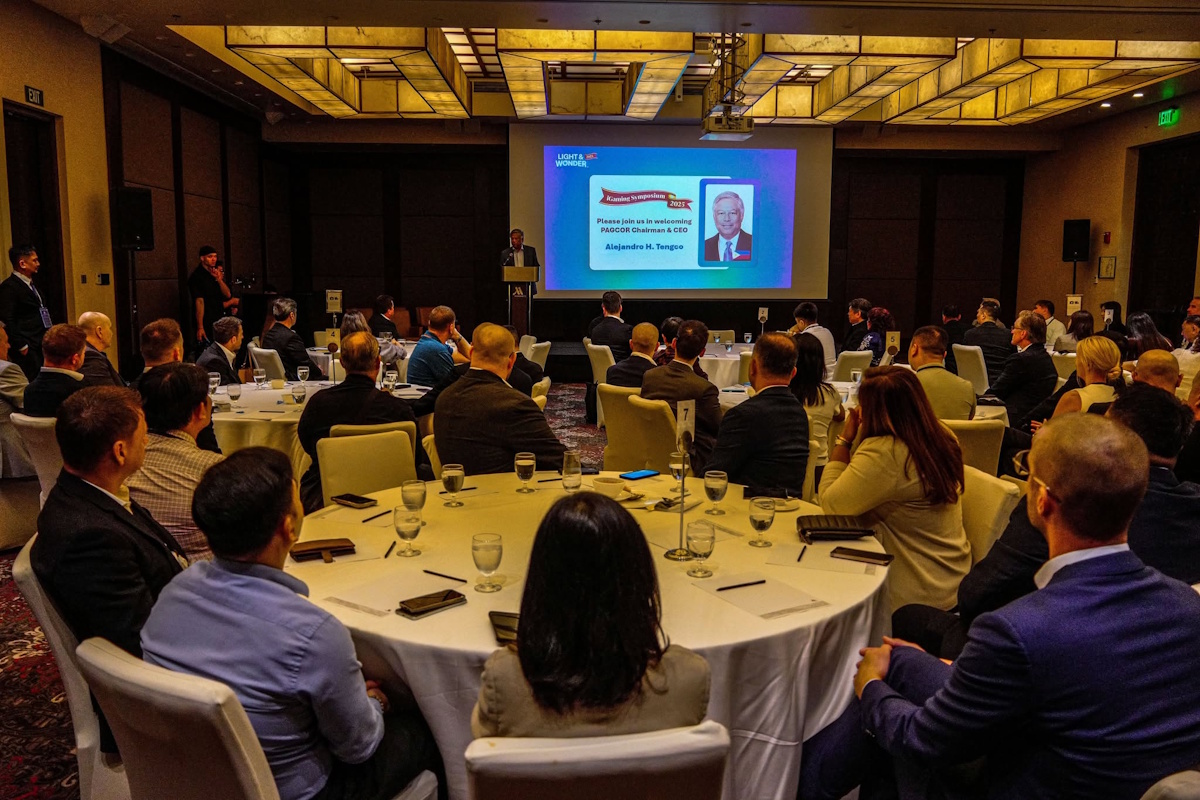
 Asia6 days ago
Asia6 days agoPAGCOR chief pushes for stricter regulation, not online gaming ban
-
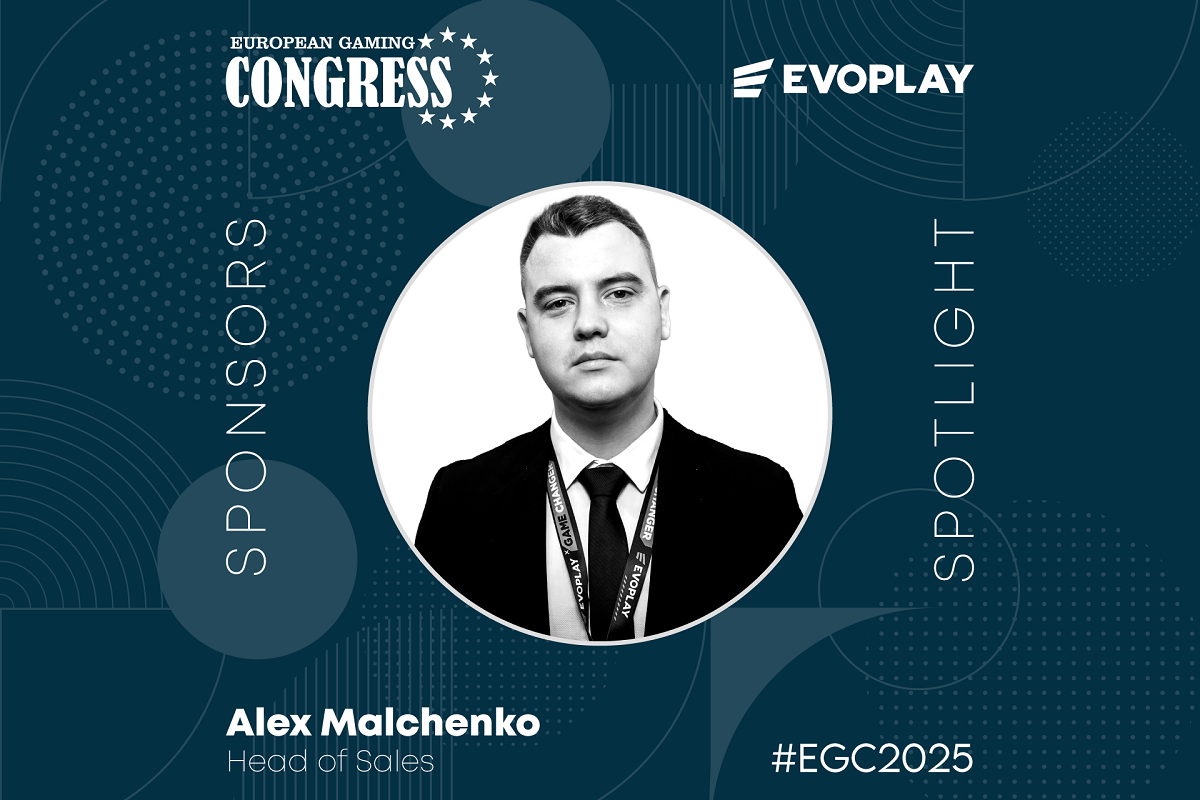
 Conferences in Europe6 days ago
Conferences in Europe6 days agoStrategies that Scale: Evoplay’s Alex Malchenko on Cracking the Code of Localised iGaming Success
-

 Conferences in Europe6 days ago
Conferences in Europe6 days agoNew Gamification Academy at SBC Summit to Present Fresh Approaches to Player Engagement








